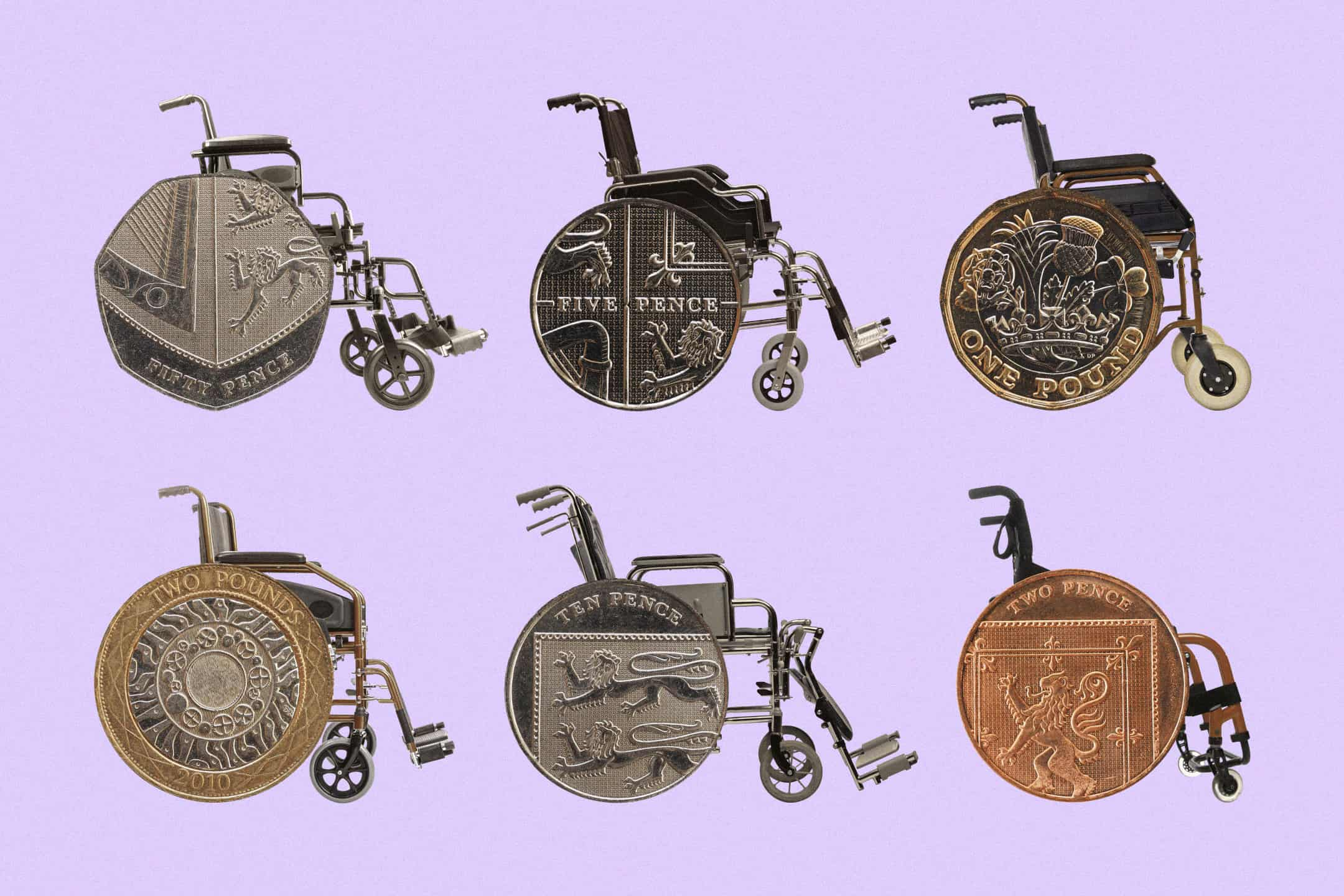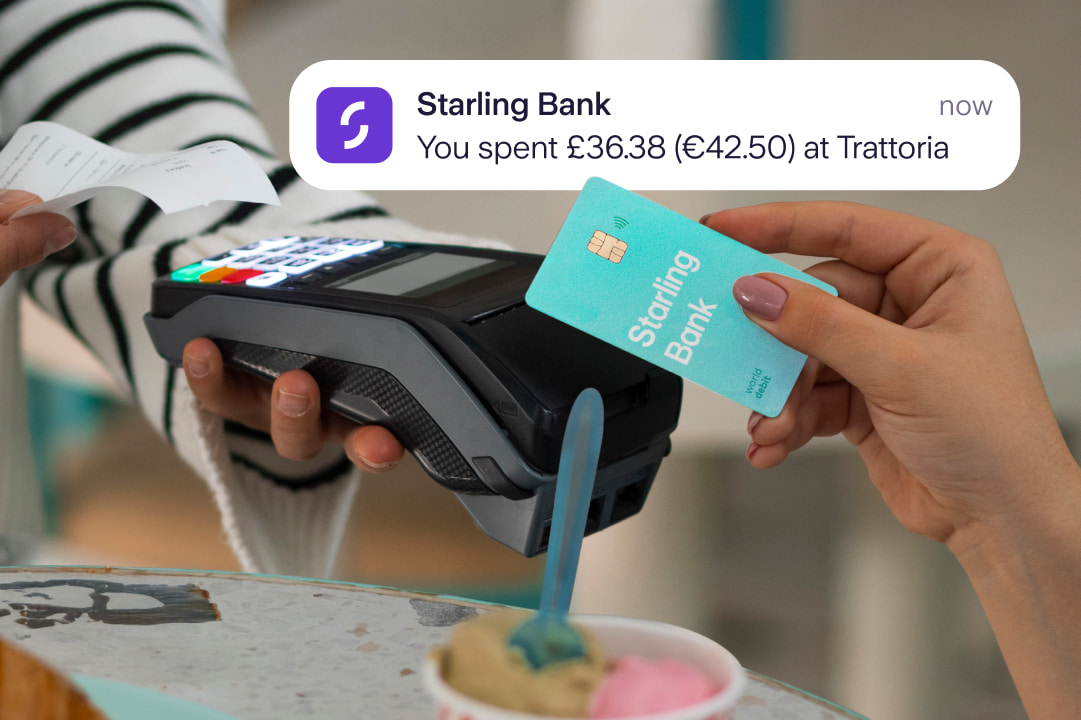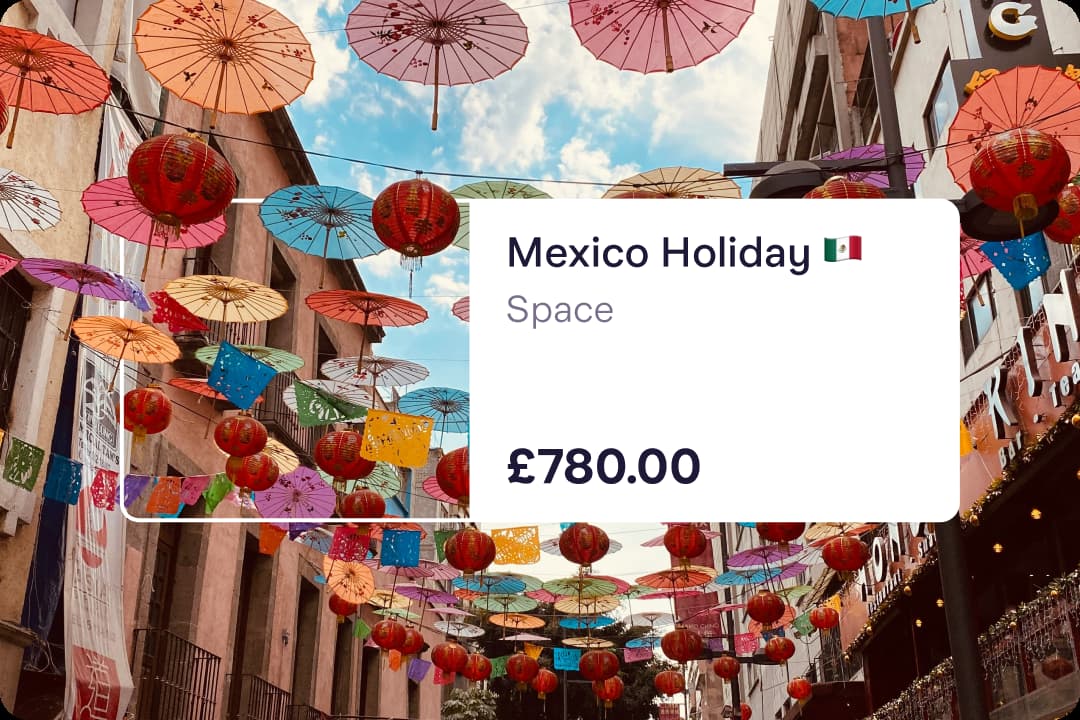
Property
Otegha Uwagba on homeownership
By Otegha Uwagba
How Much Does It Cost?

Dear reader, I was wondering if you could lend a hand? You see, I’m a wheelchair user and I need an able-bodied companion for a 24-hour trip to London. Don’t worry – I’ll cover your expenses. And be uncomfortably honest about how much everything costs along the way.
The plan is simple: we’ll check into our hotel around 4pm, have an early dinner, catch a show, and the next day, visit the Natural History Museum before heading back home from King’s Cross. Are you in? Let’s get going.
You’re already there when my train pulls in, coffee in hand. I’m already down £136.79 for two return train tickets (you from Carlisle, me from Newcastle) but never fear – I’m excited to be here. To keep things simple, I’ve booked us into the Premier Inn at St Pancras, right by King’s Cross, which has accessible rooms with a roll-in shower that meet my needs (disabled travellers often have to pay a premium for central London, accessible rooms, sometimes considered ‘luxury’ by the hotel). Your room as my care assistant? £184… again, on me.
Dinner is at Porte Noire, with ground-floor easy access and plenty of space for my chair, not to mention delicious food! We then take a taxi to Victoria Palace Theatre for Hamilton. We avoid navigating the Underground that evening in case we hit access issues and miss the performance (what a show!).
The next day, proving our point, we find that the lifts at King’s Cross to the Underground are out of service. The nearest accessible station is nearly a kilometre away, so we hail a black cab – adding £35 to our tab. Luckily, you’re there to help me in and grab our bags.
After the museum – where it’s always a thrill to see their dinosaur collection up close – we get another cab back to King’s Cross and enjoy a coffee (your treat this time) before our train. Between babbling about how much we loved Alex Sawyer’s performance as Hamilton, we reflect on all the costs I have to absorb as a wheelchair user navigating the Big Smoke. If I hadn’t had you as a companion, I would have had to hire a care assistant. This would have meant the tally could have looked something like this:
| My costs | Care assistant costs (covered by me) | |
| Return train to London | £52.50 (from Newcastle) | £84.29 (from Carlisle) |
| Hotel (1 night) | £184 | £184 |
| Dinner | £43.39 | £30.11 |
| Taxis | £110 | – |
| Show ticket | £40 | – (Care assistant goes free) |
| Lunch | £24.34 | £22.10 |
| Carer fee | £300 | – |
| Total | £754.23 | £320.50 |
|---|
Even with you as my companion, without a carer’s fee, the costs for our 24-hour trip to London come to £774.73.
Some disabled individuals need two helpers due to the need for 24/7 care requirements or the physical demands or transferring larger adults, meaning double fees and double expenses. This could bring the total for a trip like ours to nearly £1,700.
While there are grants and benefits designed to offset some of these costs, the reality is that not all disabled people will be eligible for them due to variations in what local governments offer and the nature of the care needed. Many end up not going to a city they want to explore, simply because the mental and financial load is just too high.
After you wave me off at King’s Cross station, I’m on my way home, back to my everyday life. But the expenses for a wheelchair user don’t stop at travel.
My wheelchair itself needs to be maintained and, over time, replaced. It’s my daily companion, enduring the same wear and tear that any pair of shoes or car would – and I have to look after it. I bought my current chair four years ago through NHS support and £1,500 of my own savings. It’s lightweight and durable, which means more independence and less strain on my shoulders, but this comes at a cost. I’ll need to replace it in a couple of years or so – probably for £2,000, seeing as everything is becoming more expensive.
All this is before my essential living costs:
| Rent | £750 |
| Loan repayments for home adaptations | £275 |
| Groceries (including delivery) | £250 |
| Takeaways | £250 |
| Public transport and taxis | £225 |
| Cleaner and grass cutter | £160 |
| Energy (gas and electricity) | £150 |
| Council tax | £95 |
| Dog walker (family friend, twice a week) | £80 |
| Medical supplies (e.g. catheters) | £50 |
| Contents insurance | £25 |
| Total | £2,310 |
|---|
You’ll notice that I spend about the same on groceries, takeaways, and transport (including taxis). But none of these are luxuries, they’re essentials (especially when my mum’s freezer meal stash runs low or public transport falls short).
For me, £2,310 a month is the bare minimum. This means energy prices are a constant concern, especially in winter when a warm home becomes crucial due to long periods of sitting. Poor circulation is a real issue, and a home that’s even a few degrees too cold can make things very uncomfortable, very quickly. It’s no surprise that around two-thirds of disabled people in Scotland reported cutting back on heating last year to manage costs.
And it’s not just heating: accessible housing often comes at a premium, meaning options are limited when you’re searching for a ground-floor flat only. And with that, it’s not easy to “shop around” for lower rental prices. Oh and here’s the kicker: even though my flat was advertised as ‘accessible,’ I had to pay for my bathroom to be turned into a wet room, and I may have to pay for these modifications to be reversed when I move on.
When I started to track all these expenses (I use the Spending Insights section of the Starling app), I began to think of that trip to London (or any trip) as a luxury. When you’re unable to just get up and go, or make use of last-minute deals due to being at the mercy of having hired help available, life really does become increasingly expensive. Still, I’ve optimistically created a new Space within the Starling app for my next big adventure! I’ve got Tokyo set in my sights and I’m sure that if I continue to track my monthly spending and keep adding to my Space, I’ll be chowing down on delicious ramen in no time.
If you have a care assistant and they need to buy things on your behalf, why not set up a free Starling Connected Card for them? No more reimbursements, no more faff.
Explore our Connected Card
Property
By Otegha Uwagba

Money truths
By Justin Quirk

How Much Does It Cost?
By Hannah Summers

Group holidays
By Kat Storr